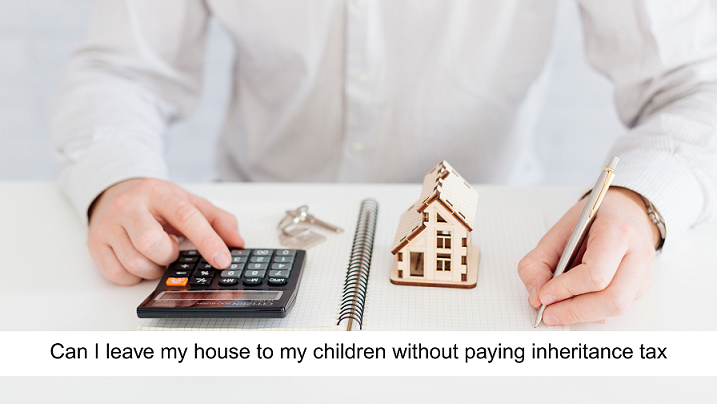
You can leave your house to your children without paying inheritance tax, but it depends on meeting HMRC’s inheritance tax gifting rules. Factors such as the size of your estate, available allowances, and how the property is passed on all play an important role.
There are also conditions like the 7-year rule, property allowances, and restrictions if you continue living in the house after gifting it. Below, we explain the main rules you should know before making any decisions.
The inheritance tax gifting rules are set by HMRC. They decide how much can be passed on to children without tax being charged.
These inheritance tax gift rules UK are extremely important to understand before making any decisions.
Families often ask, “How much can you gift tax-free?” HMRC sets out clear allowances that can reduce future tax bills.
While these allowances work well for gifting money to children, giving away property is trickier. Houses usually exceed the yearly tax-free limits, meaning the 7-year rule becomes crucial.
The seven-year rule works on a sliding scale for inheritance tax. If you pass away:
This means the longer you live after giving a gift, the less inheritance tax will be due, until it eventually reaches zero if you survive seven years or more.
Recently, there has been an HMRC crackdown on gifts to children, especially around property and large sums of money. HMRC looks carefully at whether the person making the gift still benefits from it.
Because gifts taxed rules are being enforced more strictly, professional advice is highly recommended. Accountants and tax planners can explain how best to protect your home and savings.
In conclusion, leaving your house to your children without paying inheritance tax requires careful planning and a good understanding of the inheritance tax gifting rules.
The important thing is to be aware of the seven-year rule, the annual gift allowances, and how large gifts can impact your estate if you pass away within seven years.
By using these rules wisely, you can reduce the potential inheritance tax liability on your property and other assets.
Speak to an expert
At PHS Associates, we help families, small businesses, and individuals with tax, VAT, payroll, and self-assessment. If you want to understand the inheritance tax gifting rules or plan how to pass your home to your children, speak to our accountants today.
We’ll guide you through the process in simple terms and help protect your family’s future. Call us at 0208 8611685 or email info@phs-uk.co.uk to start planning your estate the right way and protect your assets for the future.
Frequently Asked Questions